Water
-
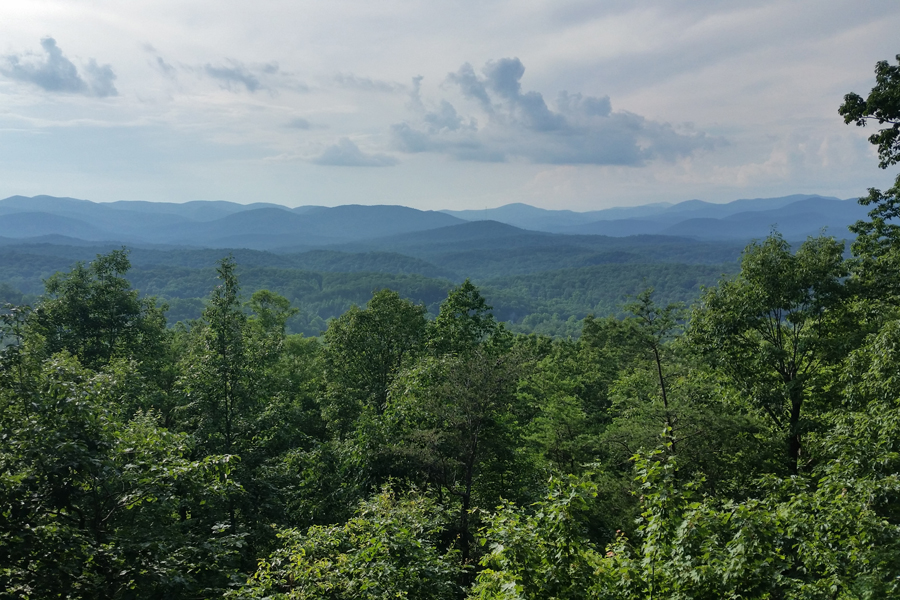
Best Management Practices (BMPs) can be described as management and/or structural practices that are designed to reduce pollutants and erosion while increasing the quality of all life. The BMP concept deals specifically with nonpoint source pollution, such as runoff from agricultural fields, forest areas or urban areas. BMPs are also voluntary in nature. Individual practices and applications can vary widely from field to field. Best management practices are typically used in agricultural areas, and forest and urban settings.
Gary L. Hawkins and Rebekah Danielle Wallace
|
-

Storm water is the runoff from land and impervious areas such as paved streets, parking lots and building rooftops during rain events. It often contains pollutants such as nutrients, bacteria, sediment and metals that could adversely affect water quality.
Gary L. Hawkins
|
-
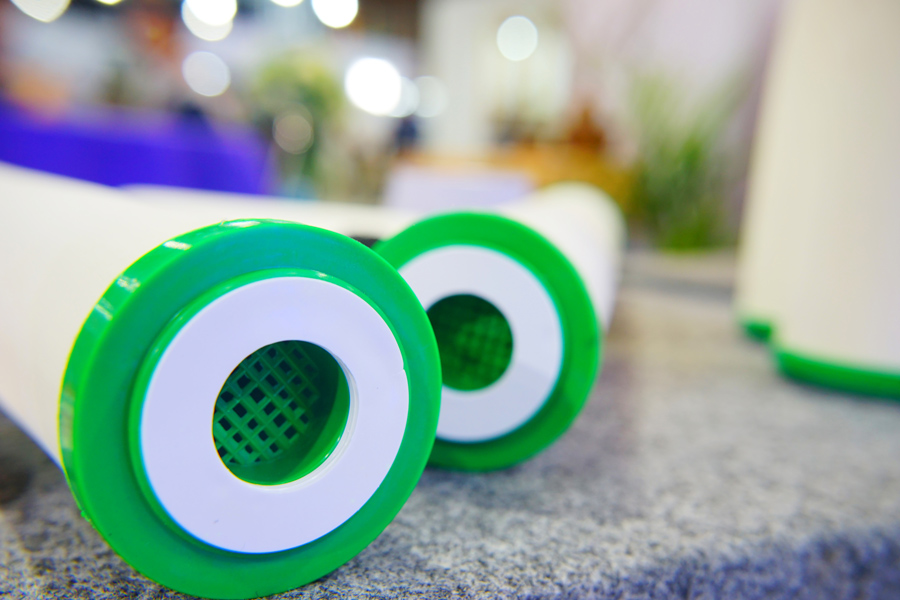
Activated carbon, also called activated charcoal, is usually produced from charcoal in granular or powdered form. It is a form of carbon that has been processed (activated) to make it highly porous, with a very large surface area available for physical adsorption or chemical reactions. Among others, water treatment is an important application of activated carbon. Activated carbon filters treat general taste and odor problems, including chlorine residue, various organic chemicals, and the radioactive gas radon. This publication discusses various types of activated carbon water treatment systems, their usefulness and limitations, along with required maintenance.
Gary L. Hawkins, Pamela R. Turner, Uttam K. Saha, and Joel Burnsed
|
-
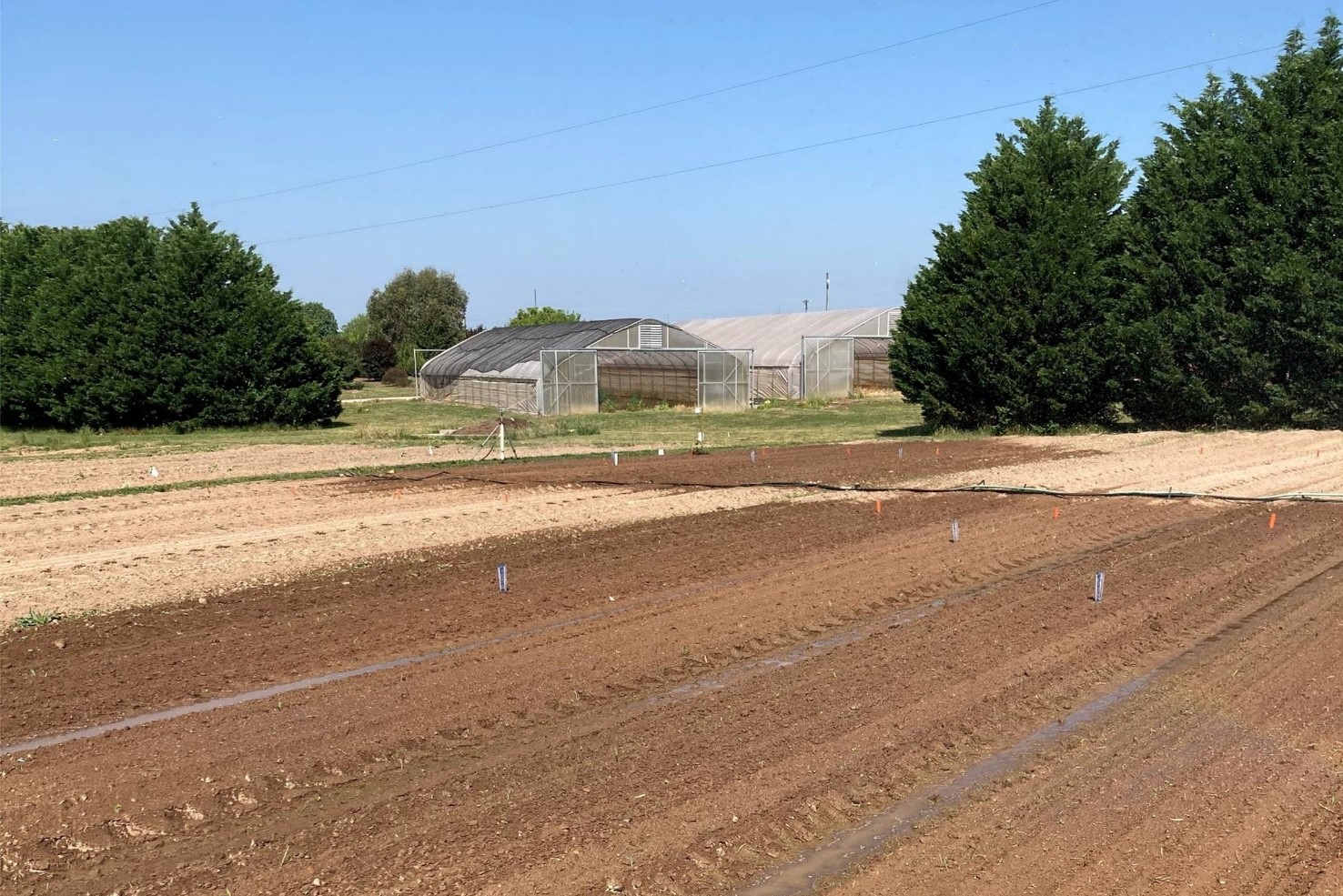
This publication highlights some of the ongoing research into using SSDI in organic vegetable crop production. SSDI facilitates cultivation without harming drip tubing and limits surface soil wetting, which may also reduce weed pressure. Prior research has shown that SSDI offers some advantages over surface-placed drip tubing in conventionally grown crops (Coolong, 2016).
Timothy Coolong, Nicholas Tuschak Basinger, Kate Cassity-Duffey, and Ted McAvoy
|
-
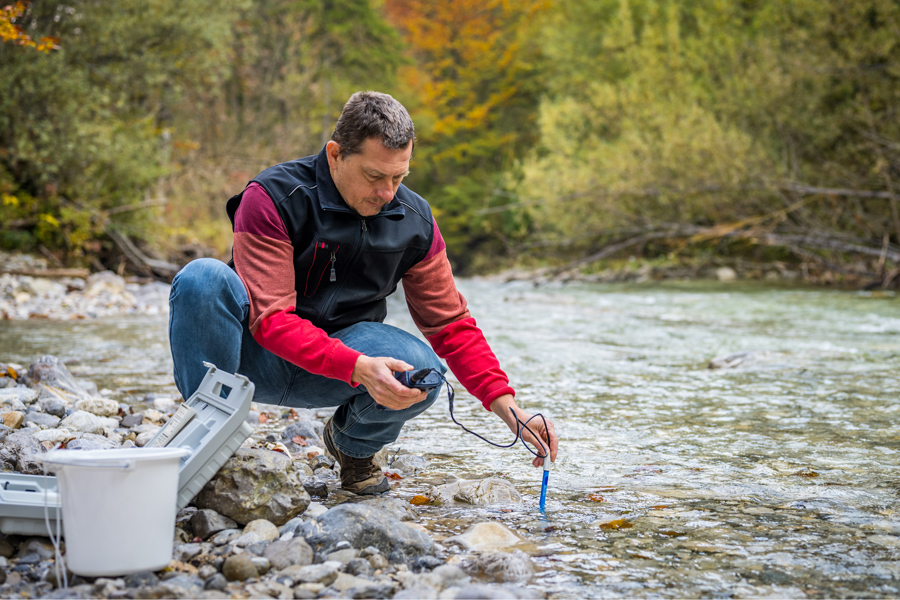
B 1242-2
Total Maximum Daily Loads in Georgia
A total maximum daily load (TMDL) is a calculation of the maximum amount of a pollutant that a water body can receive and still meet water quality standards. This publication contains comprehensive information about total maximum daily loads in Georgia, including their importance and how to establish an implementation plan.
Gary L. Hawkins
|
-

B 1242-3
Georgia’s Water Quality Standards
The Environmental Protection Division (GAEPD) of the Georgia Department of Natural Resources (GADNR) is responsible for setting and enforcing water quality standards. The goals of establishing these standards are to “provide enhancement of water quality and prevention of pollution; to protect the public health or welfare in accordance with the public interest for drinking water supplies, conservation of fish, wildlife, and other beneficial aquatic life, and agricultural, industrial, recreational, and other reasonable and necessary uses and to maintain and improve the biological integrity of the waters of the State.” This publication contains comprehensive information about Georgia’s water quality standards and what the public should know about bodies of water that do not meet these standards.
Gary L. Hawkins
|
-
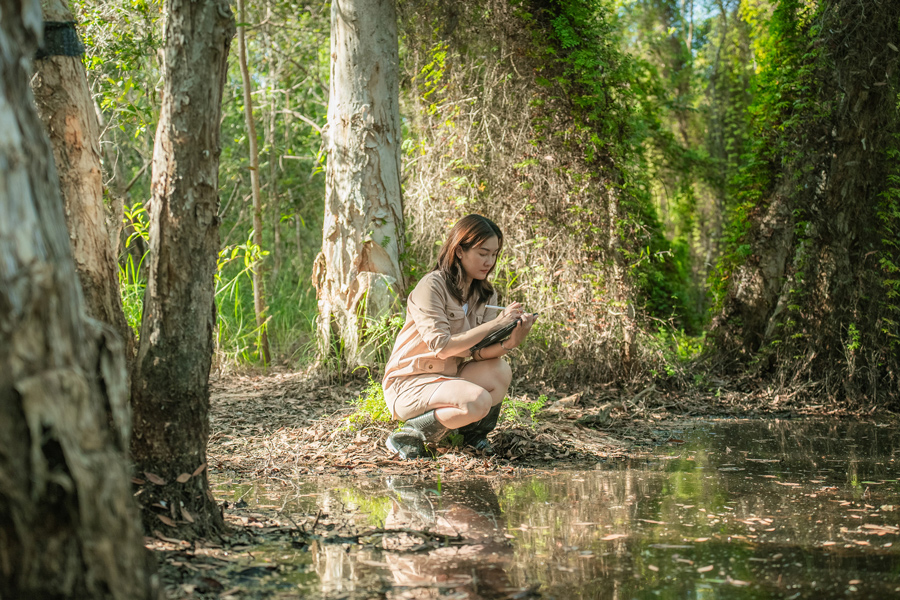
B 1242-1
Watershed Assessment in Georgia
Watershed assessment is the measurement and use of chemical, physical and biological properties to determine the current health of streams. It also can include the use of predictive modeling of watershed conditions and suggests management practices that will maintain and improve the health of a watershed. This publication provides information on the components of a watershed assessment and how to implement these plans.
Gary L. Hawkins
|
-

On-site wastewater treatment systems provide treatment and ultimate dispersal of wastewater from homes and small businesses. They usually consist of a septic tank, a drain field and the underlying soil. When properly designed, installed and maintained, they are an environmentally benign method to manage household wastewater.
Gary L. Hawkins
|
-

B 1242-5
Drinking Water Protection in Georgia
Drinking water sources in Georgia (surface and ground water) can be contaminated by landfills and dumps, leaky septic tanks, urban runoff, industry and agricultural operations. The state of Georgia has implemented two programs designed to identify potential sources of pollution and protect drinking water sources.
Gary L. Hawkins
|